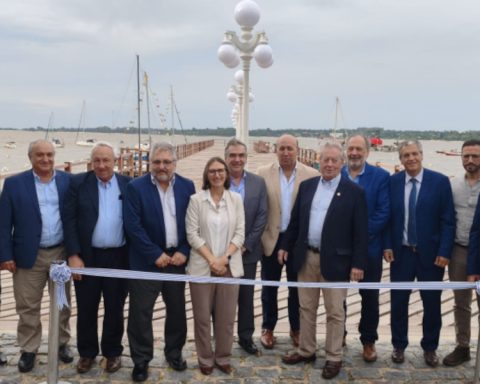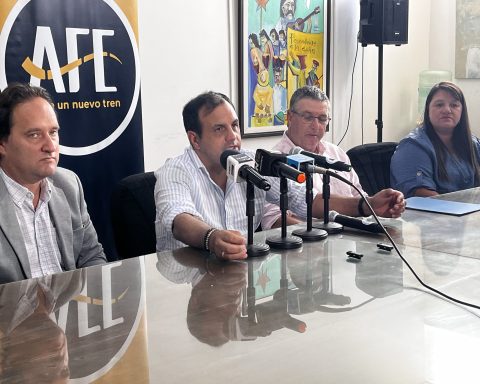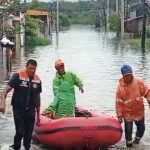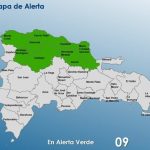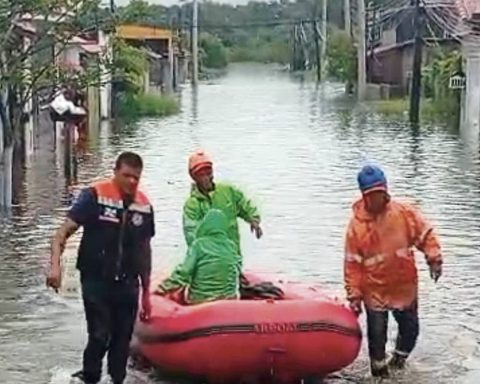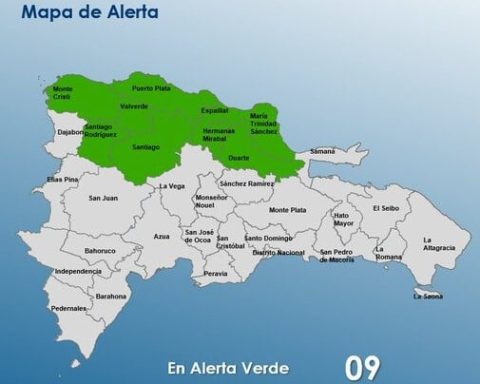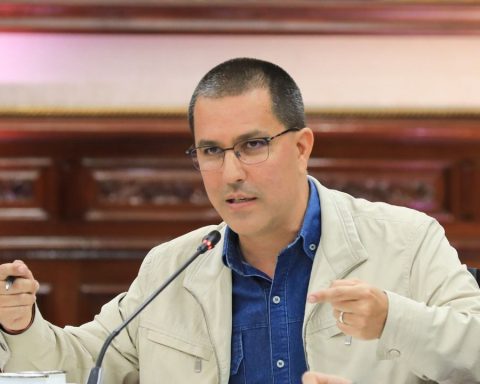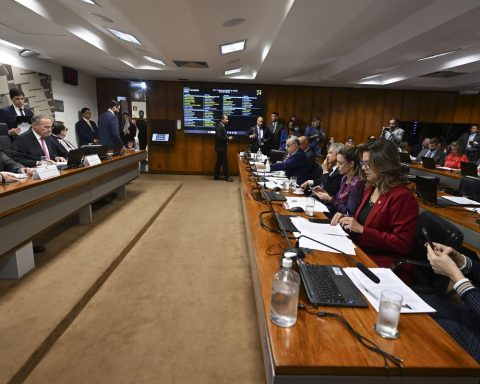Uruguay hosted and chaired the LVIII Meeting of the Paraguay – Paraná Waterway Agreement Commission (Puerto Cáceres – Puerto Nueva Palmira), discussing interventions to improve and develop navigability, trade and connections, in one of the largest arteries of communication and fluvial transport for five Latin American countries.
The Paraguay – Paraná Waterway is a natural fluvial transport corridor of more than 3,400 km. long, which extends through the Paraná and Paraguay rivers, and allows continuous navigation between the ports of Argentina, Brazil, Bolivia, Paraguay and Uruguay.
This is a program defined on the basis of a fluvial transport strategy along the water system of the same name, in a section between Puerto Cáceres, in Bolivia, in its extreme north, and Puerto Nueva Palmira, in Uruguay, in its southern end.
The National Director of Transportation, Dr. Pablo Labandera highlighted the importance of the role played by the Port of Nueva Palmira as “the main bulk port of our country.” “It’s not just transporting merchandise, but doing it properly and synchronizing all of that. There is a logistical task and the expertise of public and private actors that is a relevant factor”.
Given the economic significance for the entire basin, as a result of the movement of merchandise estimated at more than 24 million tons to and from Bolivia, Brazil and Paraguay (by 2021), as well as the movement of exports from Argentine ports, the Nueva Palmira Port It is an extremely important strategic point for the productive development of the region, to strengthen cooperation, integration and regional development as well as in the implementation of the regulations that govern it.
On this occasion, Uruguay assumed the Pro Tempore Presidency of the Waterway Agreement Commission, a body whose objective is to ensure compliance with the provisions established in the scope of the La Plata Basin Treaty, through the establishment of a regulatory framework that favors the development, modernization and efficiency of said operations, and that facilitates and allows access under competitive conditions to overseas markets.
“Our country is of significant importance due to the production that comes from Bolivia, Paraguay and to a large extent from Brazil, through the Port of Nueva Palmira but also the Port of Montevideo, which are the final recipients. It is a fundamental issue for our ports”, stated Ambassador Carlos Mata.
Between May 17 and 19 of this year, the different delegations formed working groups dedicated to the coordination and exchange of information, addressing issues related to interventions to improve navigability conditions, the maximum dimensions of convoys that navigate this track, pilotage, training of embarked personnel, customs and environmental matters; in accordance with the provisions of the Fluvial Transport Agreement, signed by the member countries, in 1992.


